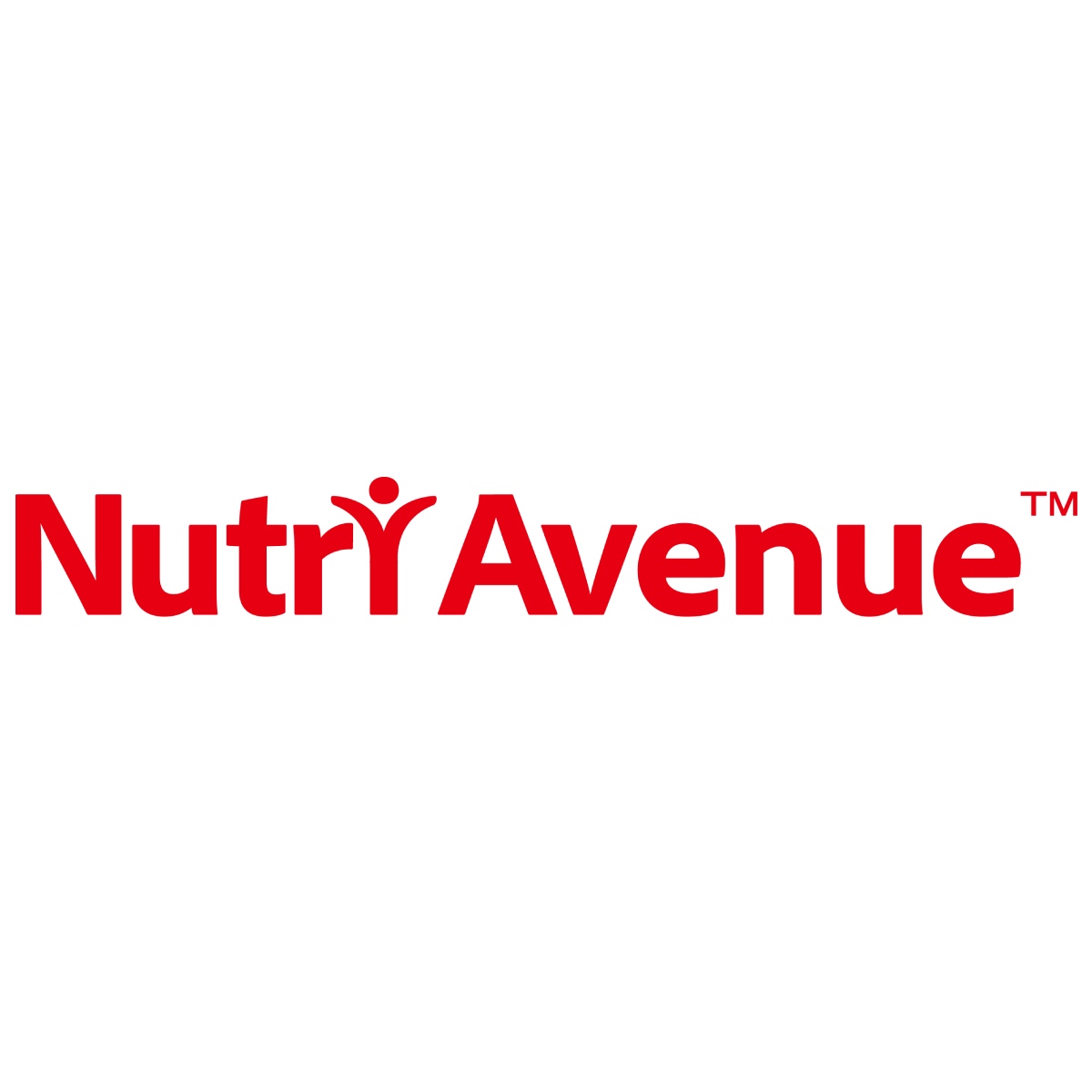Kidney disease occurs at any age, but it’s more prevalent among people above the age of 60. Foamy urine, swollen ankles and feet, and the urge to urinate more often than usual are tell-tale signs of kidney disease.
More than one in seven U.S. adults – an estimated 37 million Americans – are affected by chronic kidney disease. The risk of this disease is even greater among people with high blood pressure or diabetes. These statistics indicate that you’re not the only one diagnosed with chronic kidney disease. Instead, millions of Americans are affected by it.
Living with chronic kidney disease is hard, but you can manage it by making certain dietary changes. Here are a few diet tips to help you manage your condition effectively.
5 Tips To Support Manage Chronic Kidney Disease Diet
#1 Limit Sodium
Too much sodium in the diet may cause fluid retention, leading to swollen ankles, high blood pressure, puffiness, shortness of breath, and fluid around the heart and lungs. Limiting sodium, therefore, is important.
Avoid processed and canned foods because they are high in sodium. Prepare fresh meals at home, instead. Use spice, herbs, vinegar, or lemon juice for flavor. When shopping, be sure to read food labels and buy only those low in sodium. Buying “no salt added” food and unsalted seeds, nuts, and popcorn will be your best bet to reduce sodium intake.
#2 Be Mindful of Your Protein Intake
Protein is an essential nutrient for the body. However, for individuals with chronic kidney disease, eating more protein than you need can strain the kidneys. Excessive protein consumption has been observed to increase the risk of renal failure, urinary risk factors for kidney stone formation, and accelerate the onset of dialysis. That is why you must manage your protein intake.
Aim for a low-protein diet. People with chronic kidney disease, especially those with diabetes, are advised to limit protein intake to 0.6–0.8 g/kg body weight. For instance, if you weigh 150 pounds, i.e., 68 kg, you must consume no more than 40 to 54 grams of protein per day. That’s according to the National Kidney Foundation of Hawaii.
Pick up high-quality protein sources such as fish, poultry, eggs, and dairy products. Plant-based proteins like beans, lentils, and tofu are also excellent alternatives.
Note that a low-protein diet is recommended only to patients not on dialysis. You will most likely have to increase your protein intake if you’re on dialysis. Regardless, it’s best to consult your doctor or a dietitian, for they will let you know the amount of protein you should take.
#3 Manage Your Potassium Intake
Managing potassium intake is vital to maintaining optimal kidney function and preventing complications. High levels of potassium can disrupt heart rhythm and lead to cardiac issues.
Ensure you have the right amount – not too little or too much – of potassium. That’s because damaged kidneys are unable to regulate them in excessive amounts.
Foods high in potassium include bananas, raisins, potatoes, dried fruits, dates, artichokes, spinach, mangoes, carrots, pomegranates, beans, and nuts. Limit or avoid them completely.
#4 Top 3 Beneficial Supplement Ingredients in Chronic Kidney Disease
N-Acetyl Cysteine (NAC)
According to a set of studies analyzed, NAC is a compound with antioxidant properties. It has the following three major effects on chronic kidney disease patients over the age of 18.
- It reduces cardiovascular problems.
- It improves kidney function as measured by the estimated glomerular filtration rate and serum creatinine.
- It reduces inflammatory markers.
B Vitamins
Some treatments for CKD may disrupt the body’s absorption of certain B vitamins. For example, dialysis is a treatment that helps the body remove excess fluid and waste products from the blood. It will lead to a loss of water-soluble vitamins, including B1 thiamine, B2 riboflavin, B6 pyridoxine, B9 folic acid, and vitamin C ascorbic acid.
One study showed that human administration of B12 cobalamin and the natural form of B9 folic acid significantly reduced homocysteine levels in patients with end-stage renal disease kidney failure. Additionally, high phosphate levels are common in patients with end-stage renal disease. B3 niacin reduces this level in dialysis patients,
Vitamin D
Vitamin D deficiency is common issue in patients with chronic kidney disease. It is caused by poor nutrition, limited sunlight exposure, and reduced ability of the kidneys to convert vitamin D into its active form.
Chronic Kidney Disease Should Avoid To
People with kidney disease need to avoid certain vitamins, including vitamins A, E, and K. These are more likely to accumulate in the body. Once too much is ingested, they may cause harm. Over time, they may cause dizziness, nausea, and even death.
Other supplement ingredients that are not good for the kidneys include Creatine Monohydrate, Tyrosine, Licorice, herbal extracts containing phosphorus (e.g., turmeric, silymarin, sunflower seeds, etc.), extracts containing potassium (e.g., alfalfa, evening primrose, American ginseng, lemongrass, etc.), and many more. Therefore, Nutri Avenue does not recommend adding these ingredients to kidney supplements.
#5 Work With a Healthcare Professional
When managing chronic kidney disease, a healthcare professional is your best resource for the right dietary information. Hence, consult them.
These professionals, including doctors, nephrologists, and registered dietitians, offer specialized expertise and guidance tailored to your unique health needs. They can also provide valuable insights into medication management, lifestyle modifications, and dietary adjustments for chronic kidney disease.
Nutrition nurses can also help assess your dietary needs, create personalized meal plans, and educate you about foods that support kidney health while avoiding those that may exacerbate symptoms. You can collaborate with them, too.
These specialized healthcare professionals possess expertise in both nutrition and nursing. Thus, they can offer comprehensive support to patients with chronic kidney disease.
Be sure to work with nurses with a Bachelor of Science in Nursing (BSN) or ABSN (Accelerated Bachelor of Science in Nursing). You can also work with those enrolled in a second-degree ABSN online program. Just ensure they have earned their degree from a reputable university and a nursing license.
Second-degree ABSN, the Holy Family University notes, is a 14-month program designed for students who already have a baccalaureate degree from an approved university and want to become professional registered nurses.
From the fundamental concepts of nursing care to the psychosocial, physiological, and environmental changes experienced by older individuals and their families, a second-degree ABSN equips nursing students with everything they need to know to work as registered nurses. Thus, you can consult them without any worries.
Conclusion
To sum up, managing chronic kidney disease requires changing your diet.
Following the tips mentioned above will slow the progression of the disease and significantly improve the overall quality of your life. Also, don’t forget to limit your alcohol intake, for it is harmful to the kidneys. Though small, these changes in your dietary habits will contribute to better kidney health and overall well-being.









